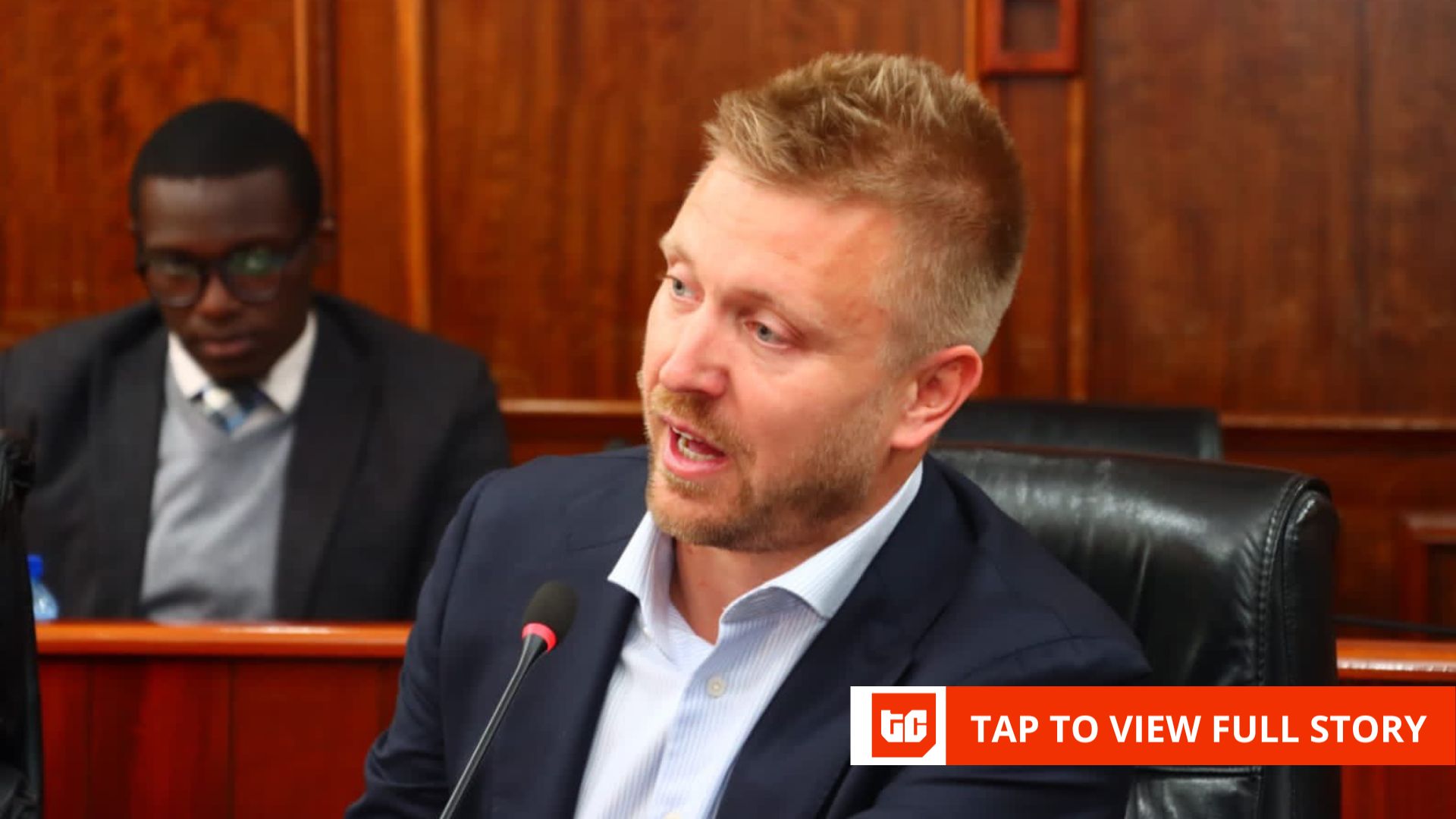Watu Holdings, a Kenyan buy-now-pay-later startup, reported a sharp 84% drop in profit to $1.2 million (KES157 million) in 2024, according to disclosures by Car & General, which holds a 29% stake in the business. The decline from $7.6 million (KES985 million) a year earlier points to rising loan defaults and deteriorating repayment behaviour in Watu’s core markets of Kenya, Uganda, and Sierra Leone.
Watu has built its model around lending to informal transport operators and other low-income earners, primarily boda boda riders, who lack access to formal credit. While that has helped it scale quickly, the business has become exposed to income shocks, currency swings, and competition from rivals like M-KOPA, Aspira, and Ampersand.
Watu has five main product lines, anchored by its core motorcycle lending unit, Watu Boda, which finances two- and three-wheelers. It also offers mobile phone loans under Watu Simu, car financing through Watu Gari, and school fee loans via Watu Shule. More recently, the company entered the electric vehicle space, a small but growing segment to capture early demand for clean transport.
However, the downturn was not uniform across markets. In Tanzania, where Watu operates through a separate subsidiary, Watu Tuu Limited, profits nearly doubled to $5 million (KSh650 million)—up 93% from the previous year. The company did not break down performance by market, but it signals favourable conditions in Tanzania.
The startup is one of several non-bank lenders that have moved aggressively into asset-backed microcredit across East Africa in recent years. But as borrowing costs rise and repayment stress grows, the limits of the model are starting to show, particularly in Kenya, where informal sector incomes remain under pressure.
Car & General, a Nairobi Securities Exchange-listed company that assembles and distributes motorcycles in the region, is a major beneficiary of Watu’s demand, and the lender’s performance has increasingly featured in its earnings reports. Watu remains privately held and does not publish standalone financial statements.
Founded in 2015 by Andris Kaneps, a Latvian national, Watu has raised over $20 million across five rounds led by FMO, Gateway Partners, Verdant Capital, and AHL Venture Partners. Its latest funding round was a Series B round in February 2024. It is among the few startups in Kenya that have achieved consistent profitability.










